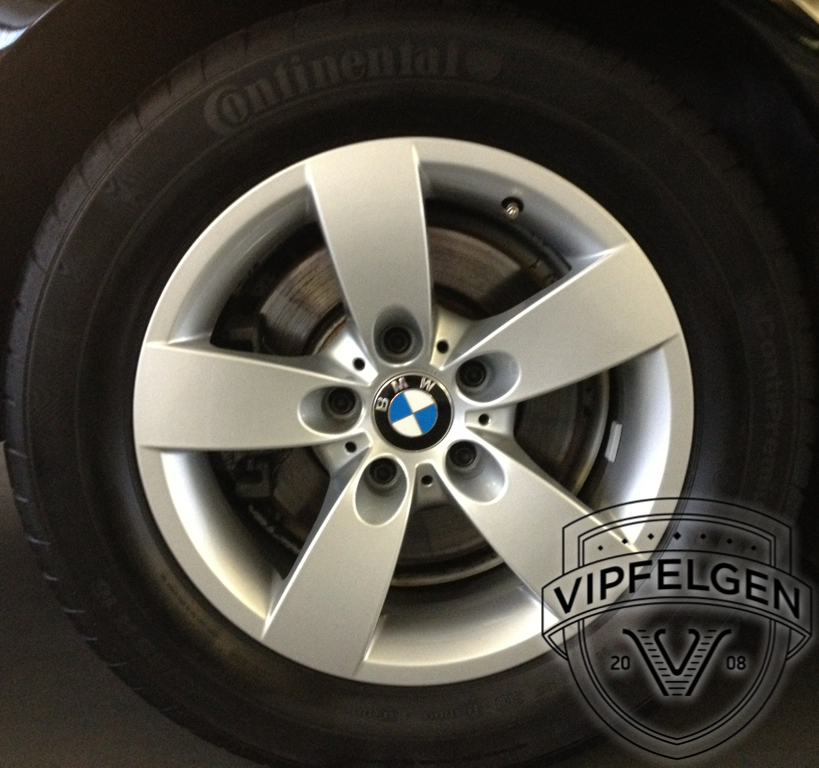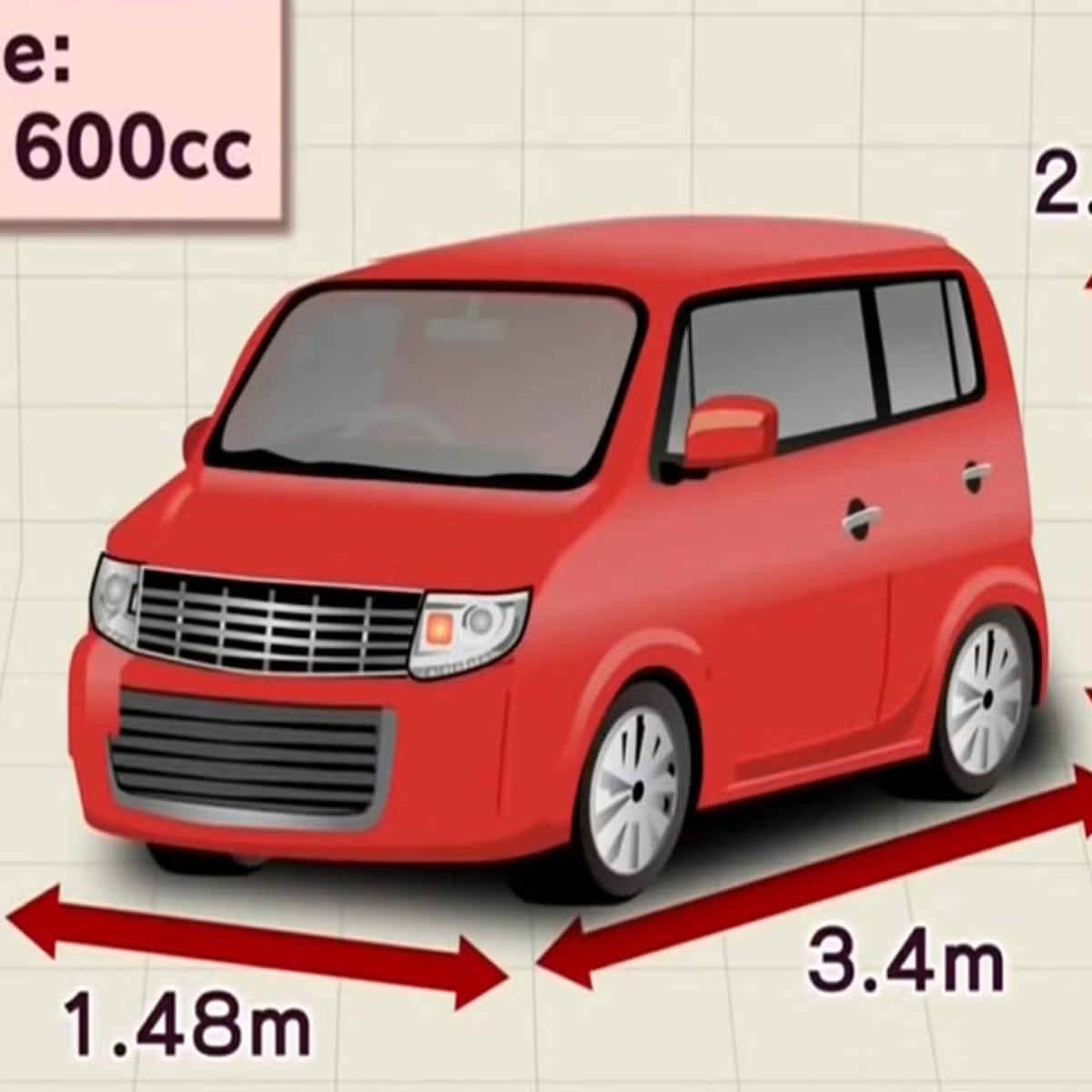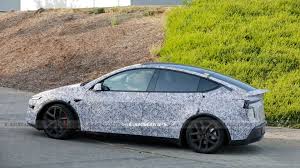
Introduction
BMW, known for its engineering excellence and performance-oriented vehicles, remains a significant player in the global automotive industry. Founded in Munich in 1916, the brand has established itself as a symbol of luxury and performance, appealing to enthusiasts and casual drivers alike. As the automotive landscape evolves, BMW’s adaptation and innovation are increasingly pertinent, emphasising sustainability and advanced technology.
Recent Developments
In recent months, BMW has made headlines with its commitment to electric vehicles (EVs). Their new iX and i4 models have garnered attention for combining sustainability with the trademark performance that BMW drivers expect. The iX, an all-electric SUV, boasts a range of over 300 miles, while the i4, a fully electric Gran Coupé, offers a thrilling driving experience with zero emissions.
The company’s electrification strategy aligns with a broader industry trend aimed at reducing carbon footprints. In September 2023, BMW announced plans to ramp up EV production and aims to have 15 fully electric models by 2025, a significant increase in its EV lineup.
Technological Advancements
Aside from vehicle electrification, BMW continues to innovate with advanced technologies. The latest models feature improvements in BMW’s iDrive infotainment system, integrating artificial intelligence (AI) for smarter navigation and vehicle management. Additionally, new safety technologies such as autonomous driving options, collision warning systems, and driver assistance features have become integral to BMW’s offerings.
Moreover, the use of sustainable materials, like recycled plastics and eco-friendly upholstery, demonstrates BMW’s commitment to responsible manufacturing processes. The company’s 2023 report indicates a significant reduction in waste and increased recyclability of their vehicles, aligning with global sustainability goals.
Challenges Ahead
However, facing challenges such as rising raw material costs and supply chain disruptions due to global events has made it imperative for BMW to navigate these turbulent waters. Analysts suggest that the volatility in the semiconductor market could impact production rates, necessitating strategic planning and flexibility in the manufacturing process.
Conclusion
As BMW continues to honour its legacy of luxury and performance while embracing the future of mobility through electrification and sustainability, its significance grows within an ever-competitive market. Consumers can expect innovative, high-performance vehicles that not only meet their desires for speed and luxury but also their need for environmental responsibility. With a strong commitment to electric mobility and advanced technology, BMW is poised to lead the automotive industry into the future, blending tradition with innovation.
You may also like

Unveiling Kei Cars: The Charm of Japan’s Compact Vehicles

The Enduring Legacy of Austin Healey Sports Cars

Tesla Model Y: An Electric SUV Revolution
SEARCH
LAST NEWS
- Remembering Wendy Richard: The Promise to Co-Star Natalie Cassidy
- How Did Anglian Water Achieve an ‘Essentials’ Rating for Mental Health Accessibility?
- Shai Hope Leads West Indies in T20 World Cup Clash Against South Africa
- What We Know About Weston McKennie: Future at Juventus and Past at Leeds
- What We Know About the Upcoming Live Nation Antitrust Trial